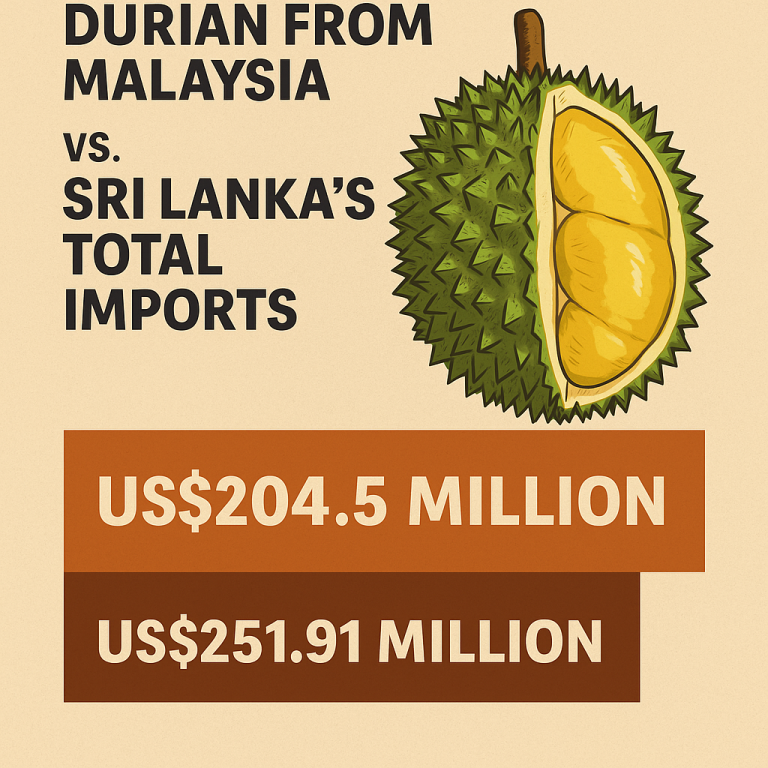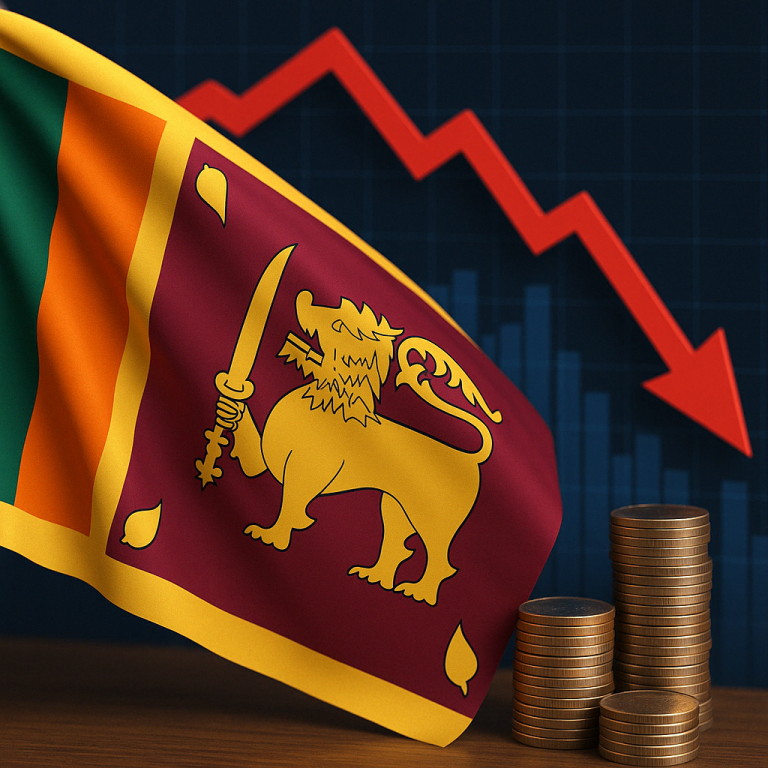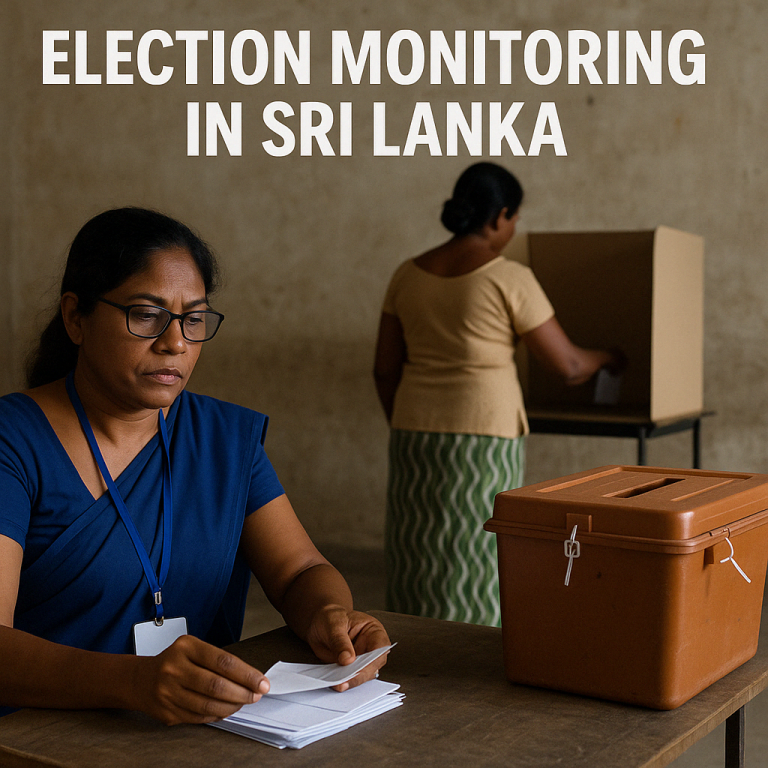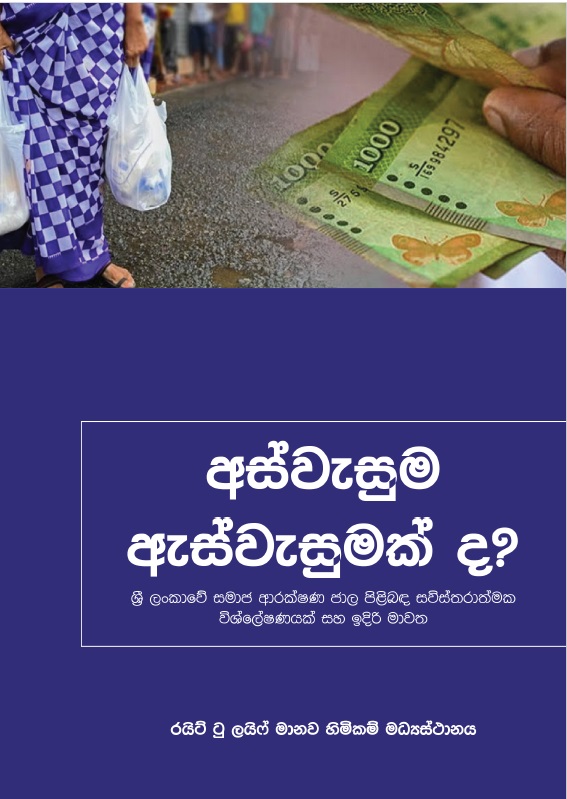Less than a week after domestic national security law known as “Article 23” came into effect in Hong Kong, US-funded broadcaster Radio Free Asia announced that it will close its bureau in the territory. Reporters Without Borders (RSF) denounces the growing pressure applied on the media by the Hong Kong government through the enactment of this draconian legislation that bears a life sentence.
On 29 March 2024, Radio Free Asia (RFA), an online news outlet funded by United States government and known for its investigations on human rights in the Asia-Pacific region, announced on its website that it would withdraw its full-time personnel in Hong Kong and close physical bureau, while retain its official media registration in the territory, citing “concerns about the safety of RFA staff and reporters.” As stated by the media “referring to RFA as a “foreign force,” raise serious questions about our ability to operate in safety with the enactment of Article 23”. Prior to this announcement, local media reported that some media employees will be transferred to Washington or Taipei.
The news comes less than a week after the entry into force of so-called “Article 23 law”, a domestic extension of the draconian National Security Law imposed by Beijing in 2020. The new text, which introduces new vague national security offences and increased the penalties associated with existing crimes, was passed hastily and raised great fears that it would be used against journalists and press freedom defenders.
“The announced withdrawal of RFA is obviously a consequence of the chilling effect applied on media outlets by the newly-adopted “Article 23” national security law. We urge democracies to build up pressure on Chinese authorities so that press freedom is fully restored in the territory,” said Cédric Alviani, RSF’s (Reporters Without Border) Asia-Pacific Bureau Director.
Earlier this month, the Hong Kong government had released two separate statements accusing the United Kingdom’s national public broadcaster, the BBC, of “fact-twisting” following news reports on the territory’s national security law. Since February, RFA, The Guardian, The Washington Post, The New York Times and Bloomberg have also received criticism from the authorities condemning their coverage.
Since the adoption by the Chinese regime of National Security Law in June 2020, the Hong Kong government has been leading an unprecedented campaign against the right to information, resulting in the prosecution of at least 28 journalists and press freedom defenders, 10 of whom are currently detained, including 2020 RSF Press Freedom Prize laureate Jimmy Lai. In the past three years, authorities forcibly shut down two major independent media outlets, Apple Daily and Stand News, while the climate of fear led at least five smaller media outlets to cease operations.
Hong Kong ranks 140th out of 180 in RSF’s 2023 World Press Freedom Index, having plummeted down from 18th place in the span of two decades. China itself ranks 179th out of 180 and is the world’s largest jailer of journalists and press freedom defenders, with at least 109 currently detained.






